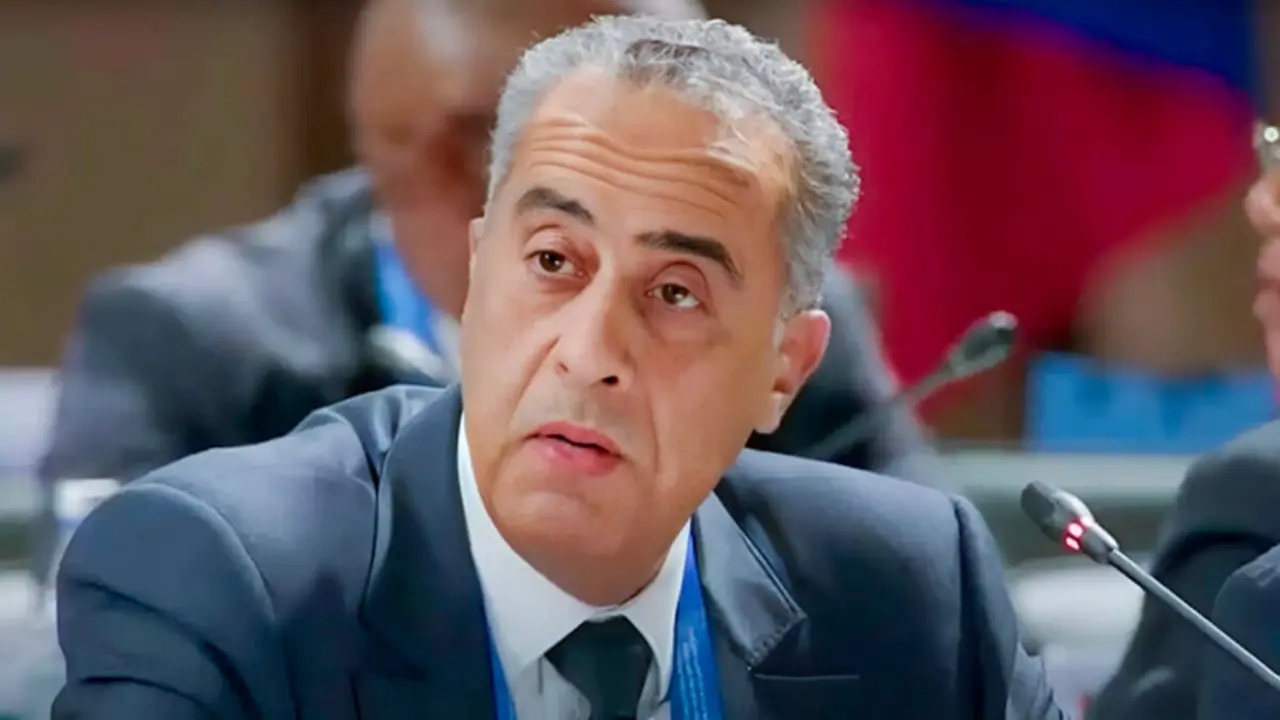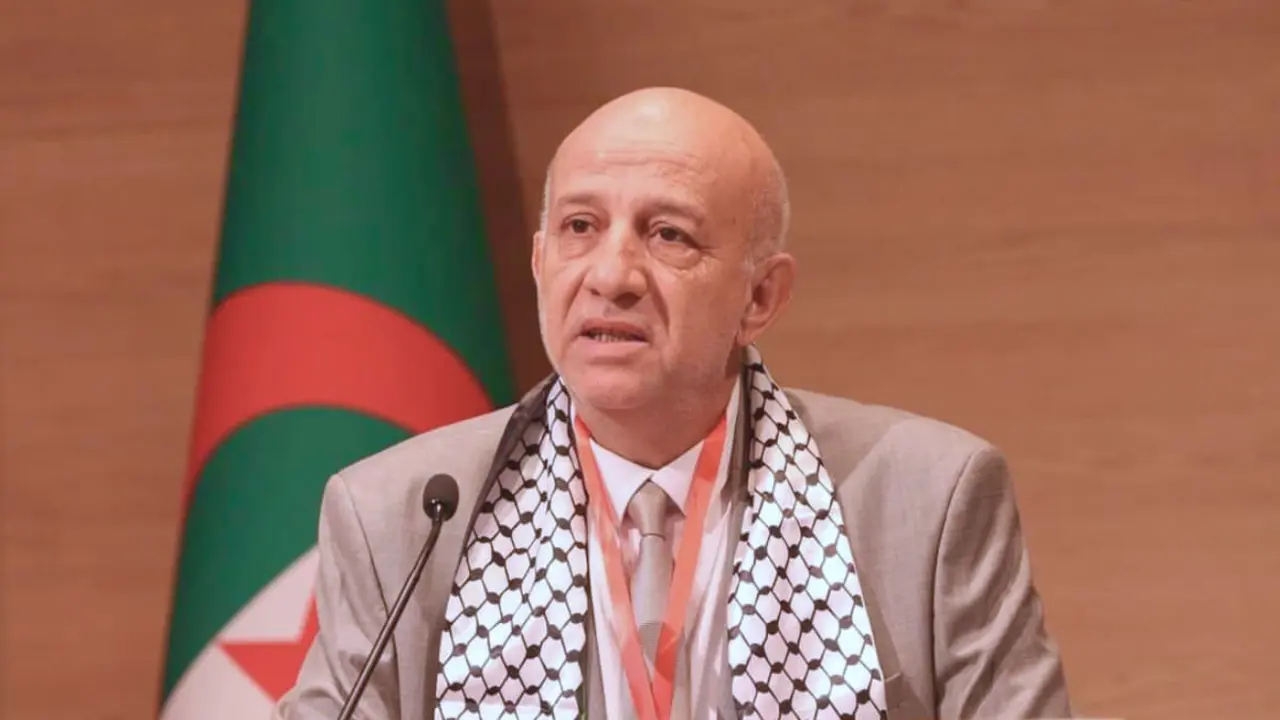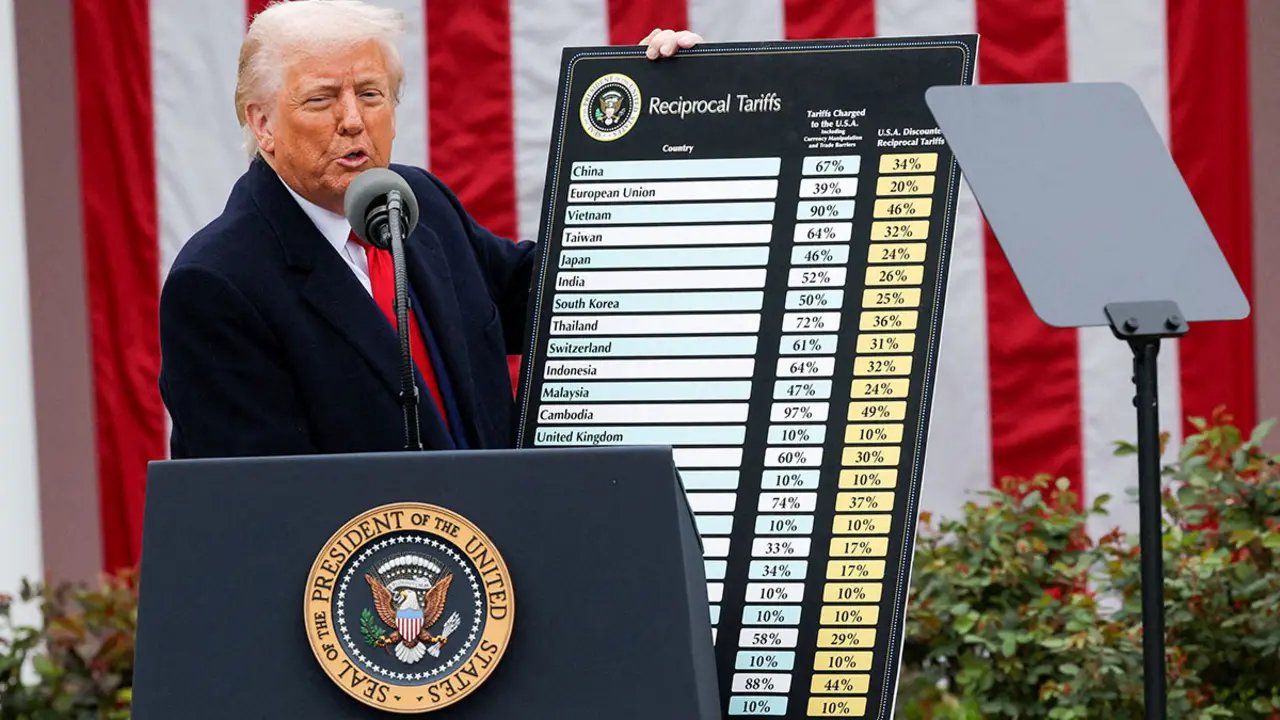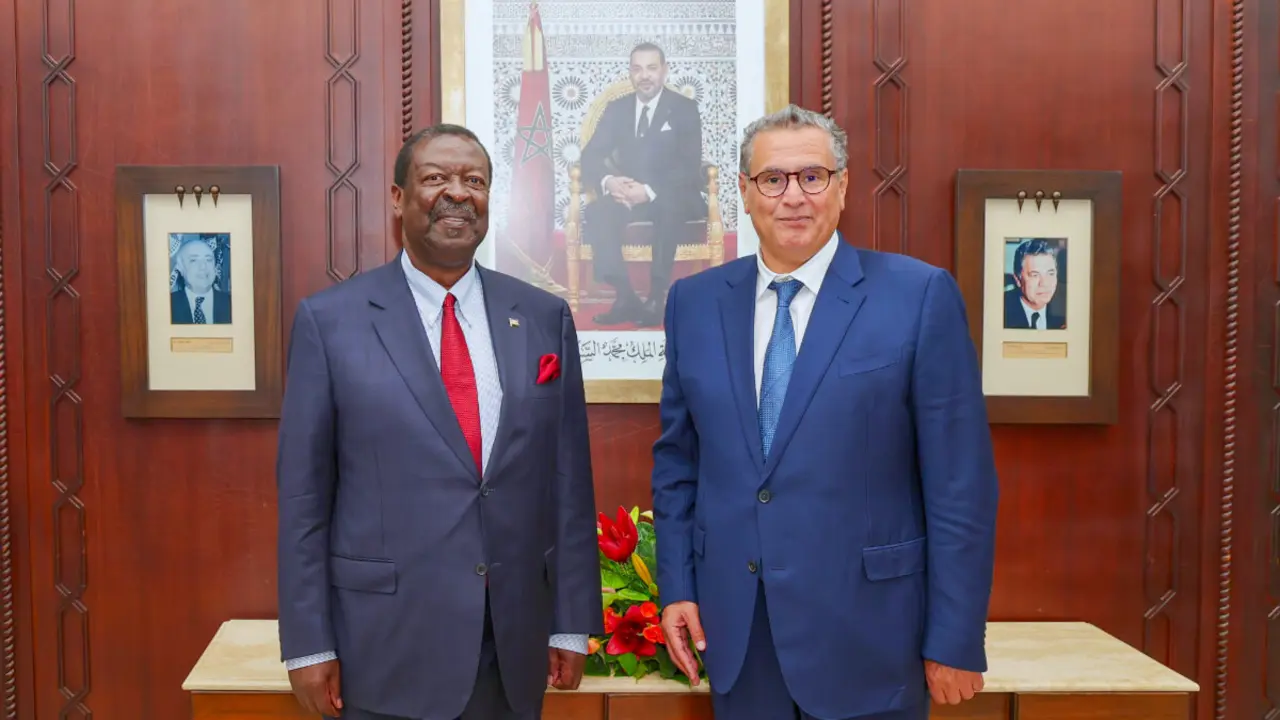Israel approves annual budgets after more than three years of stalemate

Israel's new government has passed one of the main litmus tests facing the government led by Naftali Bennet and Yair Lapid, namely the approval of the State Budget for 2021-2022. Israeli Prime Minister Naftali Bennet announced the agreement, stressing that "Israel is back to work" after three years of stagnation.
The Hebrew country has not approved a budget since 2018. The impossibility of reaching an agreement on the budget item was one of the triggers that led to the collapse of the previous government, led by Benjamin Netanyahu. Israel has been the scene of multiple political tensions, resulting in four elections in less than two years. The political stalemate in the Hebrew country has made it difficult to approve the budget, which has been postponed for three years. The country has been using a pro-rated version of the 2019 state budget that was approved in March 2018.
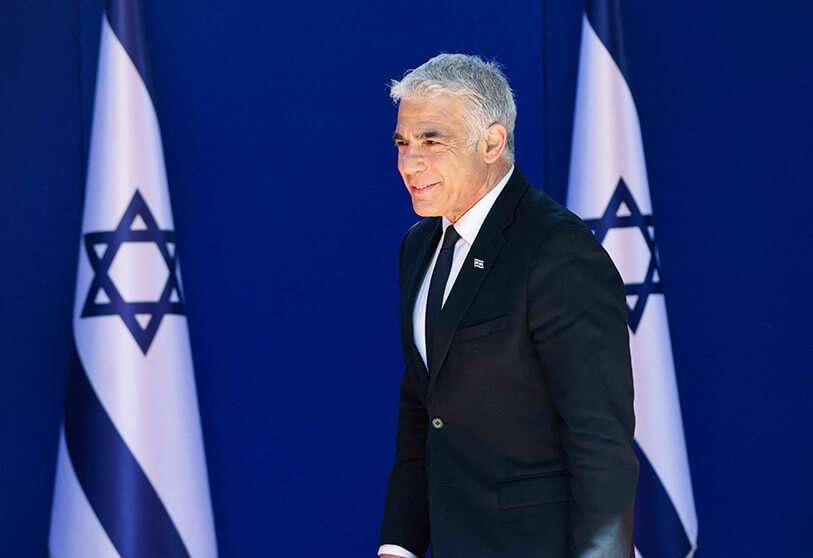
The new coalition government, made up of eight political parties ranging from the left to the more nationalist right, has managed to reach an agreement to approve the general budget for 2021-2022, a basic condition for the continuity of Bennet's government. The rounds of negotiations went on all day Sunday until well into the early hours of Monday morning, but in the end the cabinet voted to approve the new budget.
One of the main stumbling blocks to the budget was the demands of Health Minister Nitzan Horowitz, who had threatened to vote against it if the spending ceiling for his ministry was not raised. Horowitz warned of the precarious situation in which the Israeli health system finds itself due to the COVID-19 pandemic. "The health system is on life support and needs urgent transfusion, regardless of the coronavirus. It is operating in emergency mode and it is impossible to continue like this," Horowitz stressed.
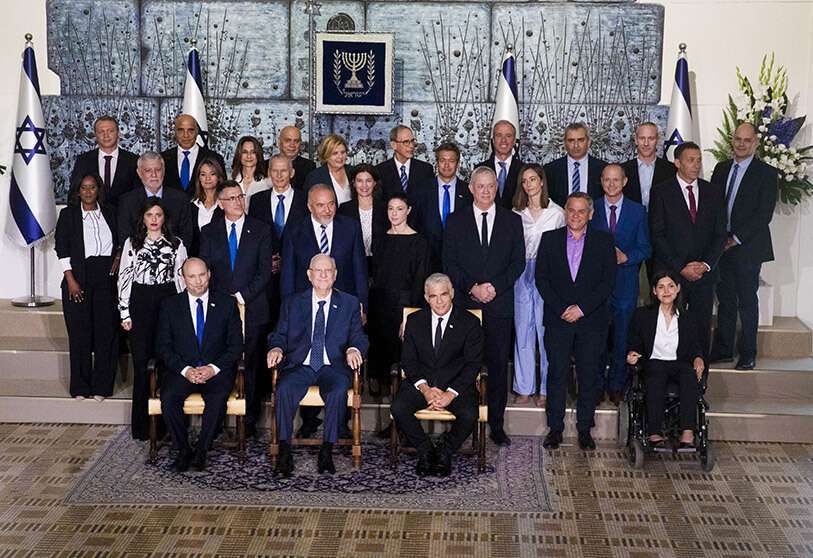
Agricultural reform, which is opposed by farmers and fresh produce suppliers as well as some coalition members, has also been an obstacle to passing the budget. This reform would allow the import of fruit, vegetables and eggs from abroad, including Egypt and Turkey, to reduce food prices in Israel. Farmers argue that opening the market to duty-free imports would damage the agricultural industry in Israel.
Other relevant reforms proposed in the budget include gradually raising the retirement age for women to 65 over the next eleven years, privatising the kosher supervision system, heavy taxes on disposable plastic items and sugary drinks, as well as considerable changes in import policies. One of the most decisive aspects is the increase in defence spending for 2021-2022 by $4.17 billion, bringing the total to $19 billion.
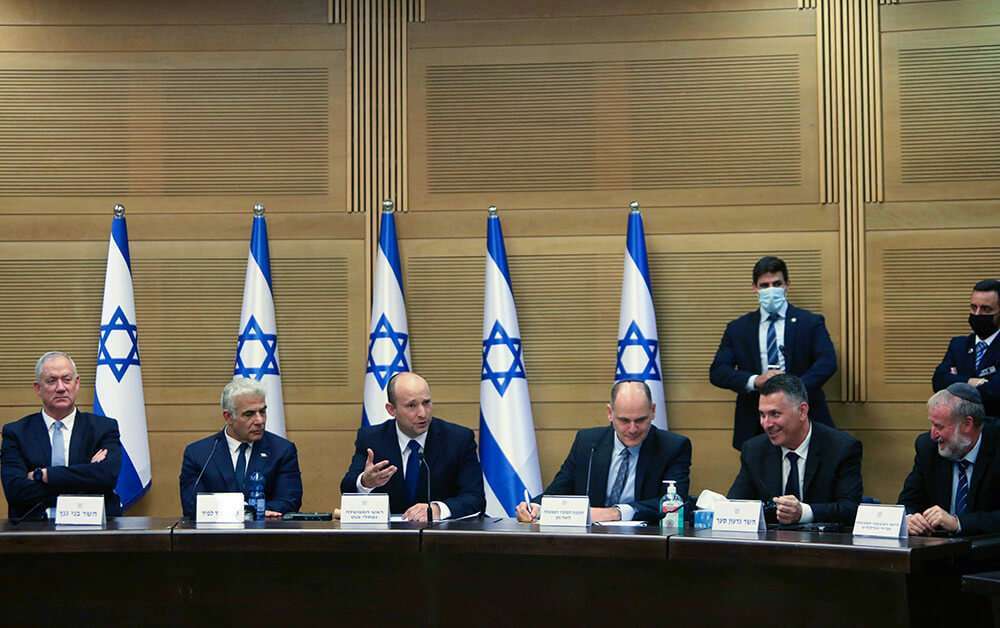
"This is a Budget that invests in the future, a Budget of growth. We are investing in beneficial public transport, in infrastructure and internet technology, in quality education for our children, in our healthcare system and in our soldiers, who will receive the best defence systems to confront and defeat our enemies," Bennet stressed at the start of his meeting with the cabinet.
The Israeli prime minister also pointed out that "this time the budget does not serve the interests of one sector or another, but of the entire State of Israel", criticising the policies carried out by the former prime minister, Benjamin Netanyahu, who prioritised the demands of the ultra-Orthodox parties to the detriment of the rest of the population. "This government is free to serve the general interest. We are cutting red tape and expanding competition on behalf of everyone, especially the poorest sectors, who benefit most from the addition of competition and lower prices," Bennet added.
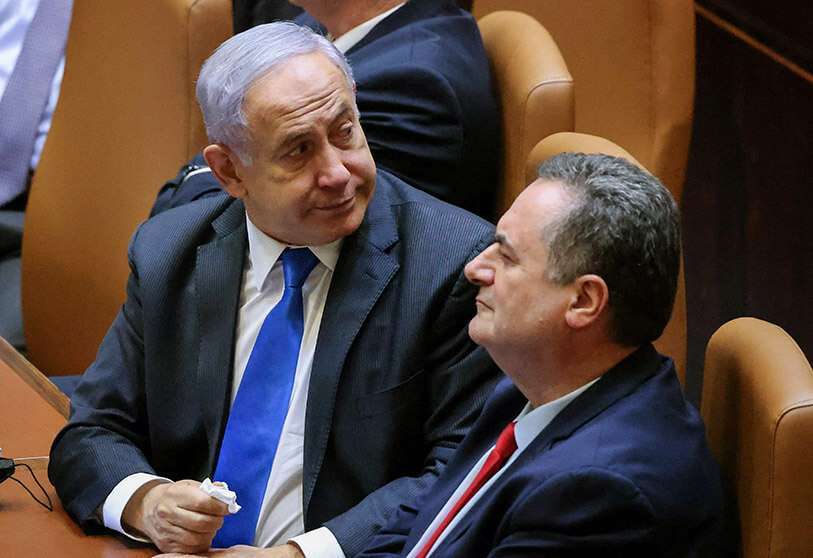
The 2021-2022 budget ($187 billion for 2021 and $173 billion for 2022) is being pushed further by Finance Minister Avigdor Liberman, who has said that "the reforms we have approved are mainly focused on reducing the cost of living". The budget still has to be approved by the parliament (Knesset) before the deadline of 4 November, where the coalition government has a slim majority. Otherwise, the government would face dissolution and Israel would be faced with a new election.


